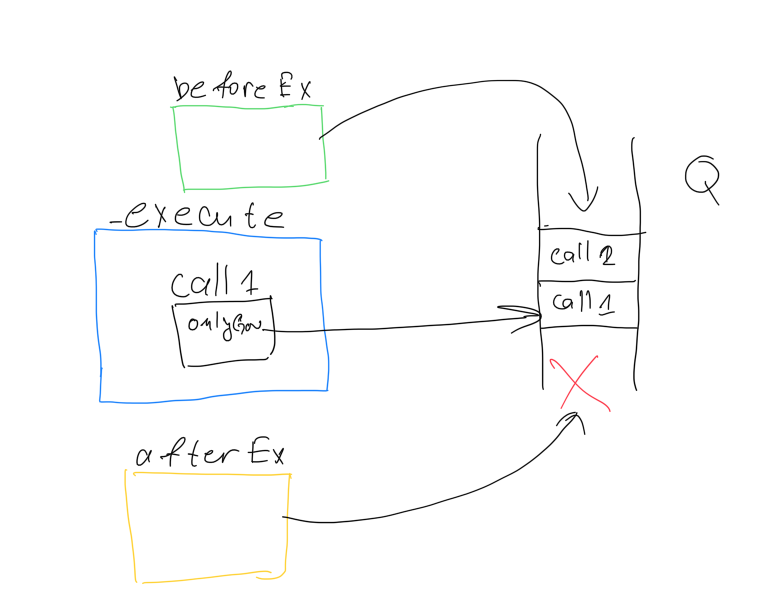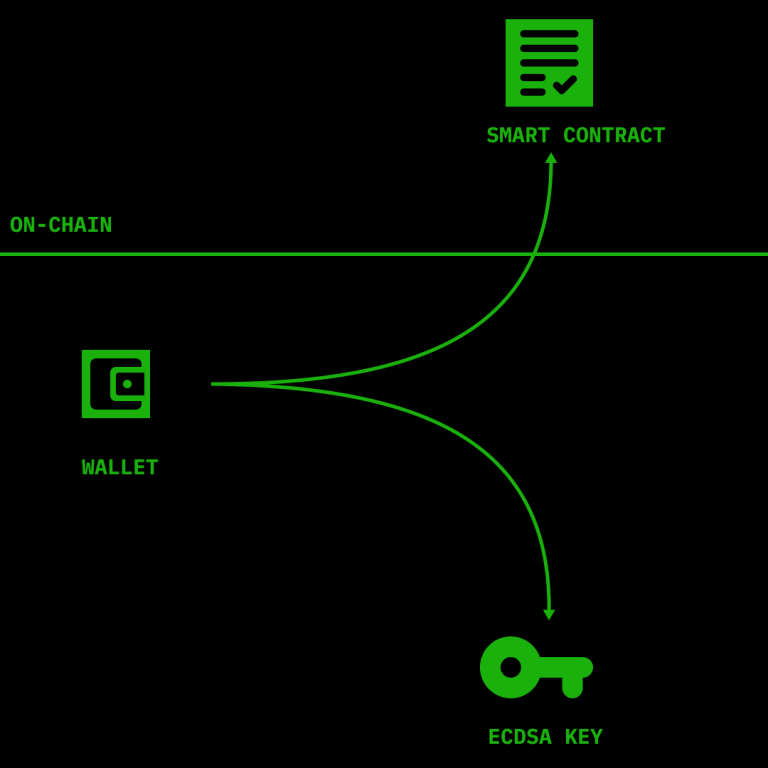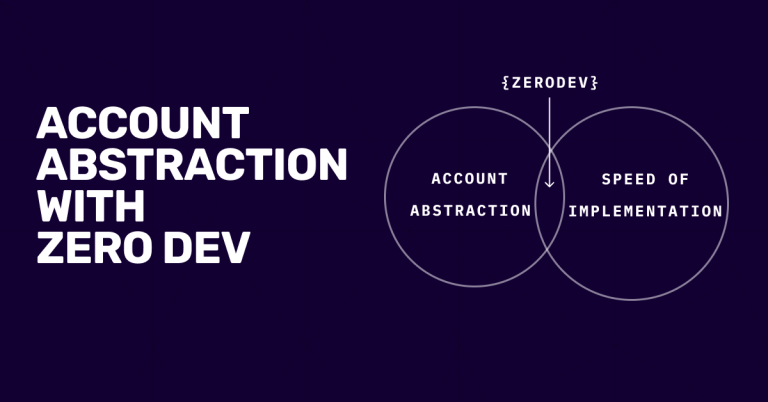How to decentralize any social network
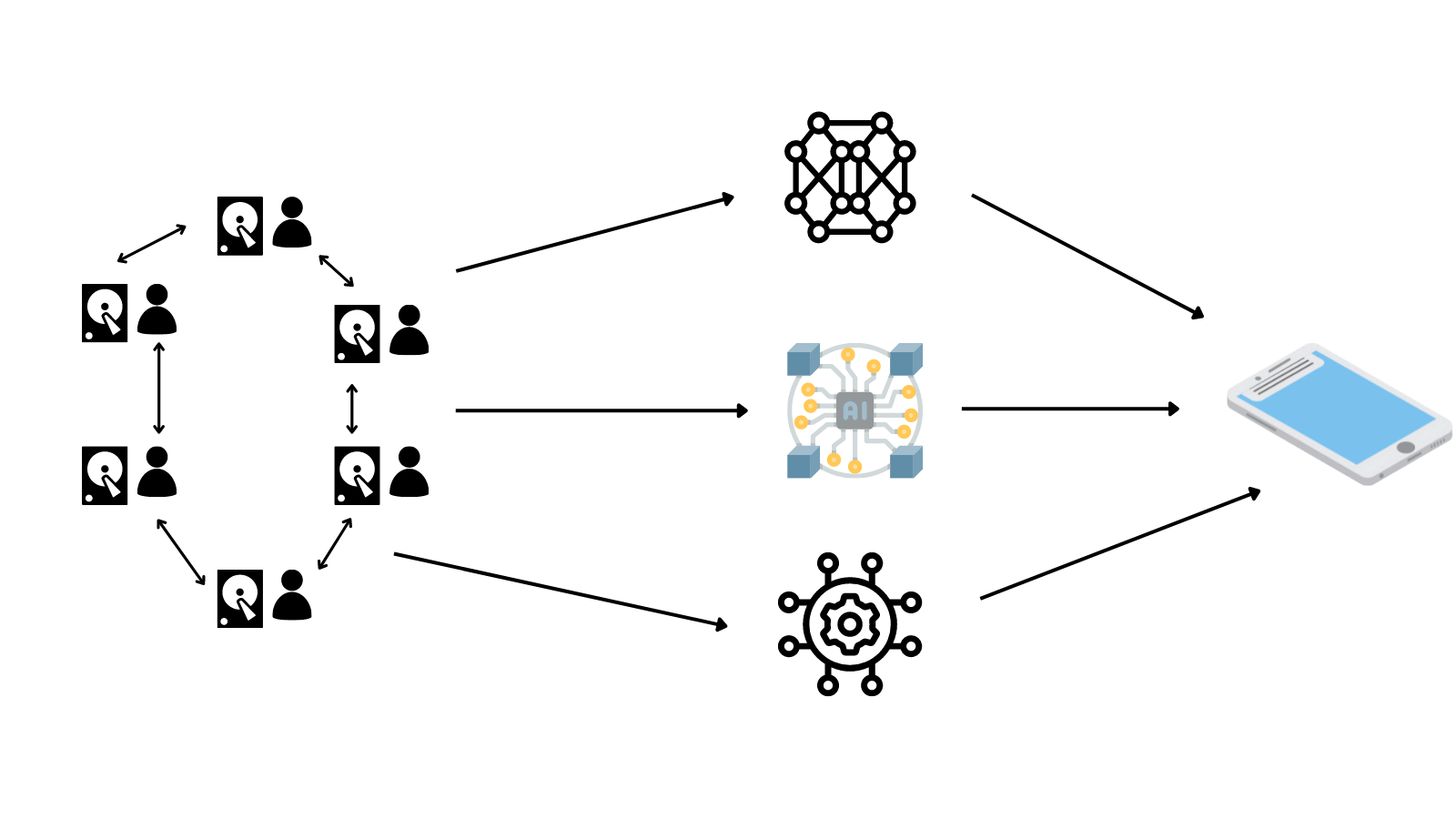
Social networks are some of the biggest systems in current existence, they certainly have the most users.
Actually, the user-generated content is the only thing interesting about them.
And this point exactly is what makes decentralizing social networks so appealing, the content is completely created by users, so why not cut out the middlemen and connect the users directly.
Well, there are many challenges to that, but it is an interesting thought experiment. And it could also work for small-scale, niche social networks.
For starters, the three key components need to be decentralized piece by piece.
Decentralized user data
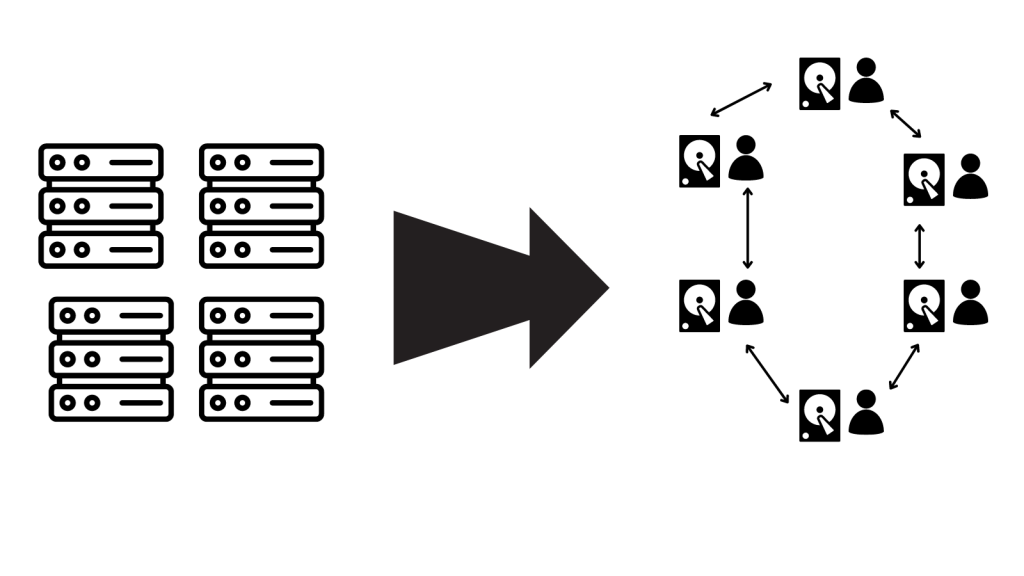
Instead of central servers, all user-created content will be stored on the creators’ machines but also be made available via decentralized storage like IPFS or Airweave, which is also spread out across different nodes.
Once it’s there, no third party can remove or censor it.
However, for casual users, this whole storing our own data is a real hassle because most people use social media from their phones.
For this problem, there would be multiple storage service providers that only store data and don’t look at what’s in it. This can be financed by charging end-users (big red flag for social media) or advertising as usual. If you want this to be free you’ll have to agree to see ads on your feed, which isn’t the end of the world.
Wait a minute, this sounds very familiar, almost like the current social networks.
Well yes, it does, and that’s why it’s difficult to create a decentralized social network for the general population. But you could build one for a smaller demographic that has money, like a network of crypto investors.
Decentralized indexing, search, and curation
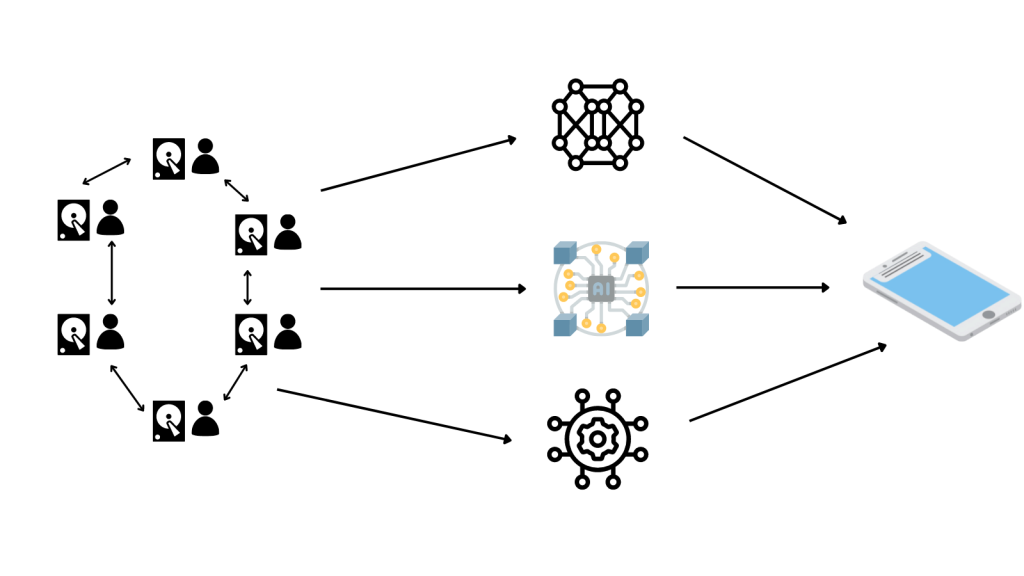
The magic of social media is in discovering new people and interesting things we didn’t know existed. For that to happen, we need services that would read all user data and curate your timeline and help you search.
Again a centralization bottleneck appears, but it’s all necessary. The main benefit in this scenario is that many curation services can be created and end users could pick and choose which one they like. All of these would be open-source projects that will allow anyone to run their own search algorithms.
Decentralized reputation and incentives
The third and most interesting piece is reputation data. If the rewards that go to creators are based on reputation, followers, views, etc, then there’s a strong incentive to cheat. Hello Blockchain.
The Blockchain must be used for storing reputation data as well as distributing rewards based on reputation. Then since the Blockchain is programmable, anyone can build their own incentive system, their own NFTs as tickets for private communities, connect Smart contract that gives or revokes permissions based on behavior, and much much more.
Conclusion
In the end, all of this boils down to creating a protocol that would define how all these pieces would talk to each other and then allow anyone to build different pieces from the protocol. Decentralization is the age of protocols.
However, as we’ve seen with existing decentralized social networks. It’s not enough to just build a cool product, you need to get a critical mass of users.
This is a critical piece missing from a lot of decentralized protocols, apps and projects. There is no one to sell the project, there’s just not enough incentive for the founders. Or perhaps a lot of money is needed initially from investors in order to push the product.
In my opinion, it’s enough to have just enough options for centralized social networks. Building a decentralized social network is not worth it, there lots and lots of work and the ods of success are not stacked in your favor.
Perhaps as decentralized technologies mature and people get used to using them, this will become easier to build and succeed.




